It’s 1 a.m. when we know for sure that the plane isn’t going to take off. Not tonight. We’ve been sitting on the runway for hours, and after a maintenance problem that turned out to be nothing and the jet refueling guys that never showed, we’re heading back to the gate.
The bureaucratic tap dance we then endure -- rebooking our flight (that won’t leave until the next afternoon), attempting to locate our luggage (unsuccessfully), trying to book an airport hotel (also unsuccessfully) -- leaves us grumpy. After the umpteenth frustrating customer service encounter, I start to get slightly hysterical. Despite making my living as a travel expert, it turns out I am not always a good traveler.
Countless travelers have found themselves in just this situation and can well relate to the misery. Mere hours after falling asleep to the sounds of the jungle in Costa Rica, somehow, inexplicably, my husband and I find ourselves sleeping in Miami International Airport under harsh fluorescent lights. (We would have preferred to crash in a South Beach hotel overlooking the ocean, but alas, it wasn't in the budget.) He is wearing his Panama hat with a macaw feather tucked in the brim, a souvenir from our trip. I am wearing a Miami sweatshirt that I bought in a gift shop, because my spaghetti strap maxi dress isn’t enough to combat the airport chill. After hours of travel -- unwashed, bleary-eyed, and now sprawled across the airport chairs like hobos -- we must look like quite the pair.
Upon finally arriving back in New York City, I decide to investigate just how often things go so awry -- and what, if anything, passengers can do to prepare themselves. I want to know everything -- which airlines are the worst, which airports are the worst, what compensation customers can expect, and what they’re legally entitled to. Of course travel won’t always go smoothly, but it’s always possible to increase your odds that it will, and to respond intelligently when it doesn’t.
The result of my findings, I hope, will be your ultimate survival guide to a delayed or canceled flight.
1. Envoy and Spirit Airlines Are Actually the Worst.
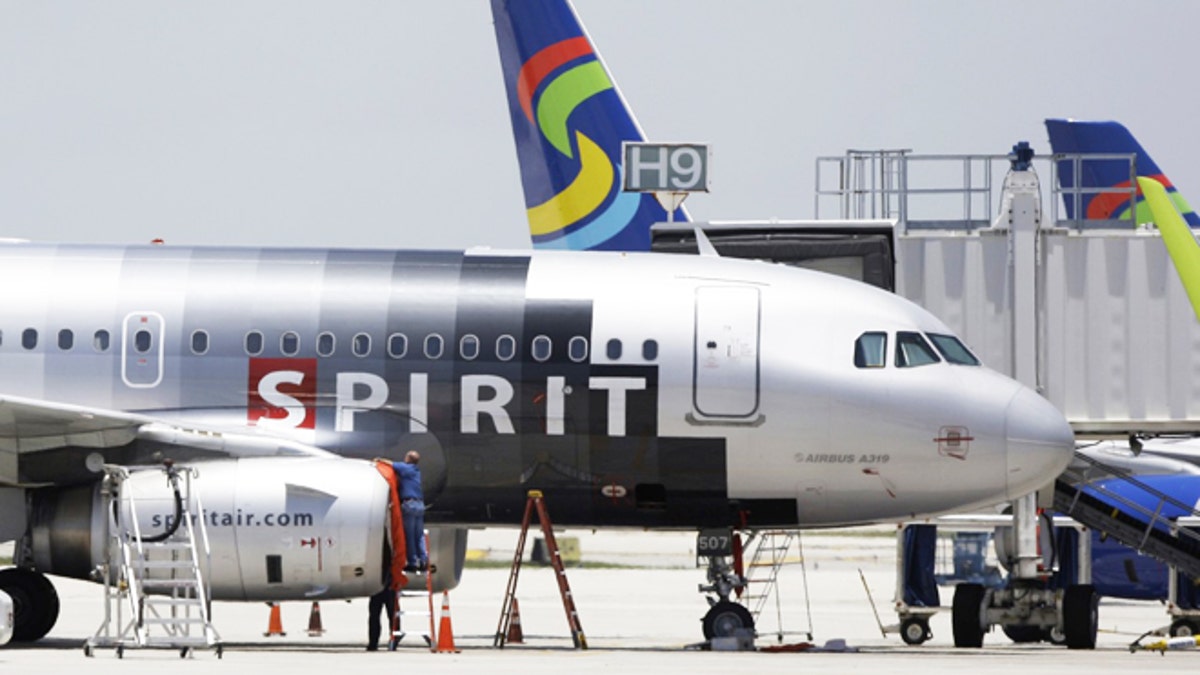
(AP File Photo)
The fact that cut-rate carrier Spirit Airlines doesn't have a great track record when it comes to flight cancelations and delays should come as no surprise. Customers should expect to pay for those cheap fares in other ways -- one of which is the much higher than average chance of not arriving to their destination on time, or at all. In June, only 49.9 percent of the airline's overall reported flight operations arrived on time, according to the August 2015 Air Travel Consumer Report issued by the U.S. Department of Transportation (DOT). And 4.9 percent of its operations were canceled altogether -- a number surpassed only by Envoy, a regional affiliate of American Airlines, which had 5.2 percent of operations canceled.
"Consumers can limit their exposure to canceled and delayed flights by avoiding flying on regional jets, which tend to be canceled more often than larger planes," George Hobica, founder of Airfarewatchdog.com, says.
I flew American Airlines, which had 1.1 percent of operations canceled. For on-time flights, American came in eighth out of the 12 airlines ranked in the report -- one ahead of United.
2. Hawaiian, Alaska, and Delta Airlines Are the Best.
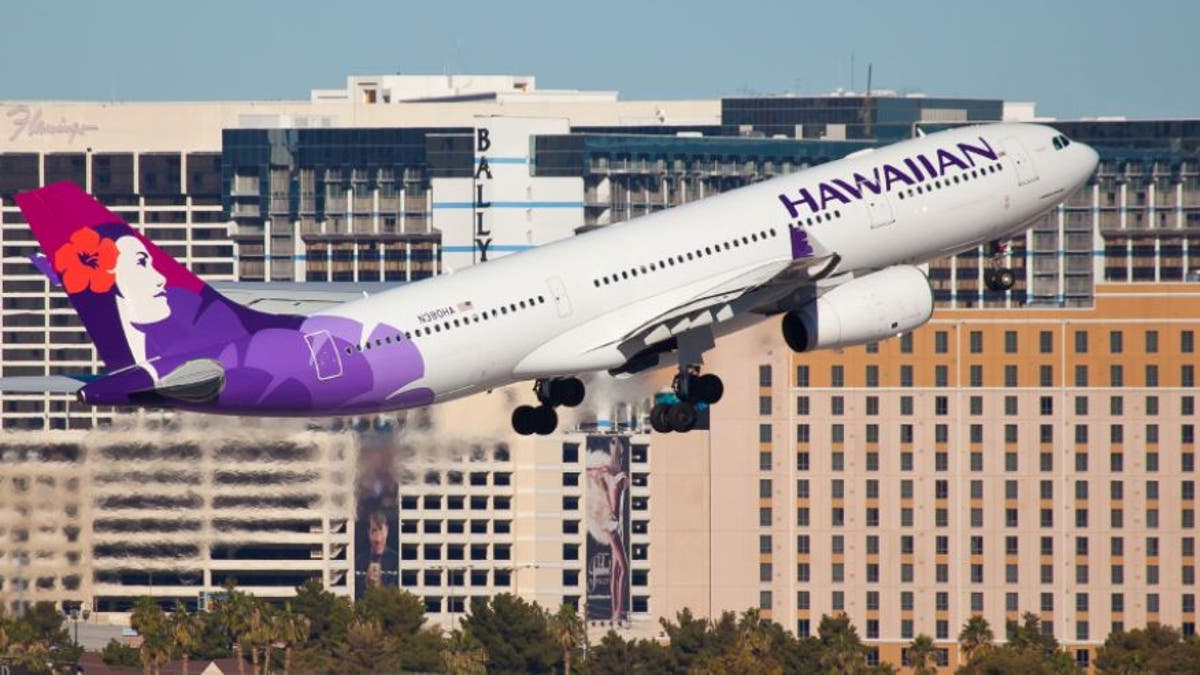
(iStock)
Perhaps unsurprisingly, the carriers with the fewest cancellations in June were also the carriers with the most on-time flights. For on-time flights, Hawaiian Airlines came in first, followed by Alaska and the once-hated (by me, at least) but now much-improved Delta. (Forbes writer Ken Krogue also noticed the airline's recent improvements, and I distinctly remember seeing a subway ad a few years ago from its "Keep Climbing" campaign declaring that "The Only Way Up is Up," which turned out to be an accurate assessment of the airline's trajectory.) Though the DOT hasn't released July data yet, Investopedia reported July data from Flight View showing that Delta moved up in July to take first place for on-time flights.
"As we show in our airline performance rankings, some airlines are better at on-time performance (notably, lately, Delta), and at not overbooking (JetBlue, for example)," Hobica says. "Consumers concerned about the small chance they’ll be bumped -- and it is a small chance -- should book on airlines that perform better."
In terms of canceled flights in June, Alaska had .4 percent, Delta .3 percent, and Hawaiian just .1 percent.
3. It Might Be Wise to Avoid a Layover in Chicago O'Hare.
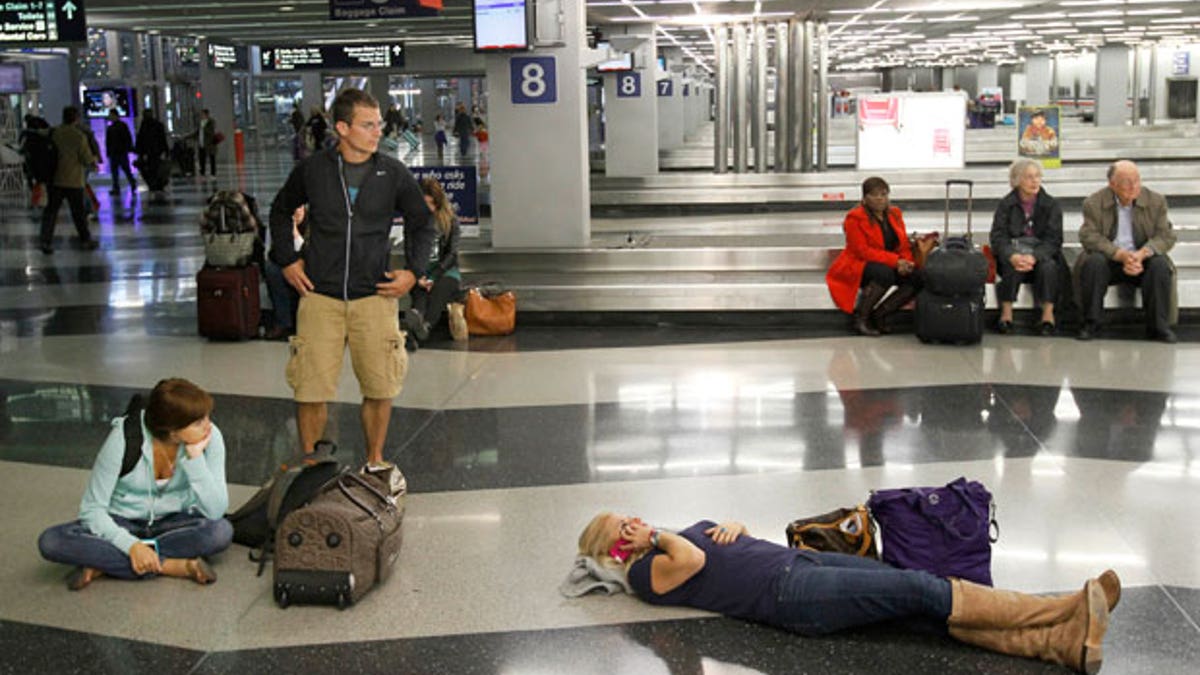
(AP File Photo)
Chicago O'Hare International Airport is one of the country's busiest airports -- and it had one of the worst track records in June for on-time arriving and departing flights, according to the DOT report. Only 66.2 percent of arriving flights were on time, and 63.8 percent of departing flights. Compare that to Hartsfield-Jackson Atlanta International Airport, an even busier airport that managed to have 80.1 percent of flights arrive on time and 76.2 percent depart on time, and it's easy to see that Chicago's numbers aren't too great.
4. Airlines Are Doing a Worse Job of Making Customers Happy This Year.
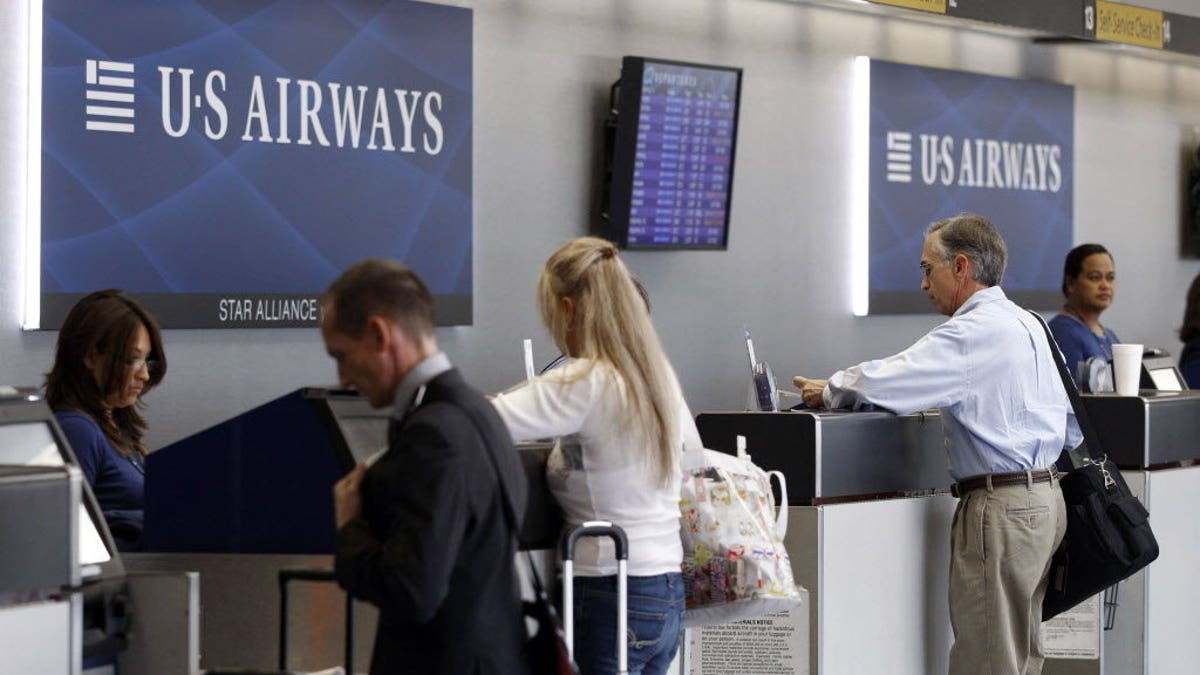
(AP File Photo)
The DOT announced Tuesday that consumer complaints filed with the Aviation Consumer Protection Division this year have risen significantly -- specifically, they're up 20.3 percent in the first six months of this year compared to the first six months of last year. So if you've become accustomed to a smooth flying experience, it may be time to get ready for a bumpy ride.
5. You Are Entitled to Compensation If You are Bumped from a Flight.
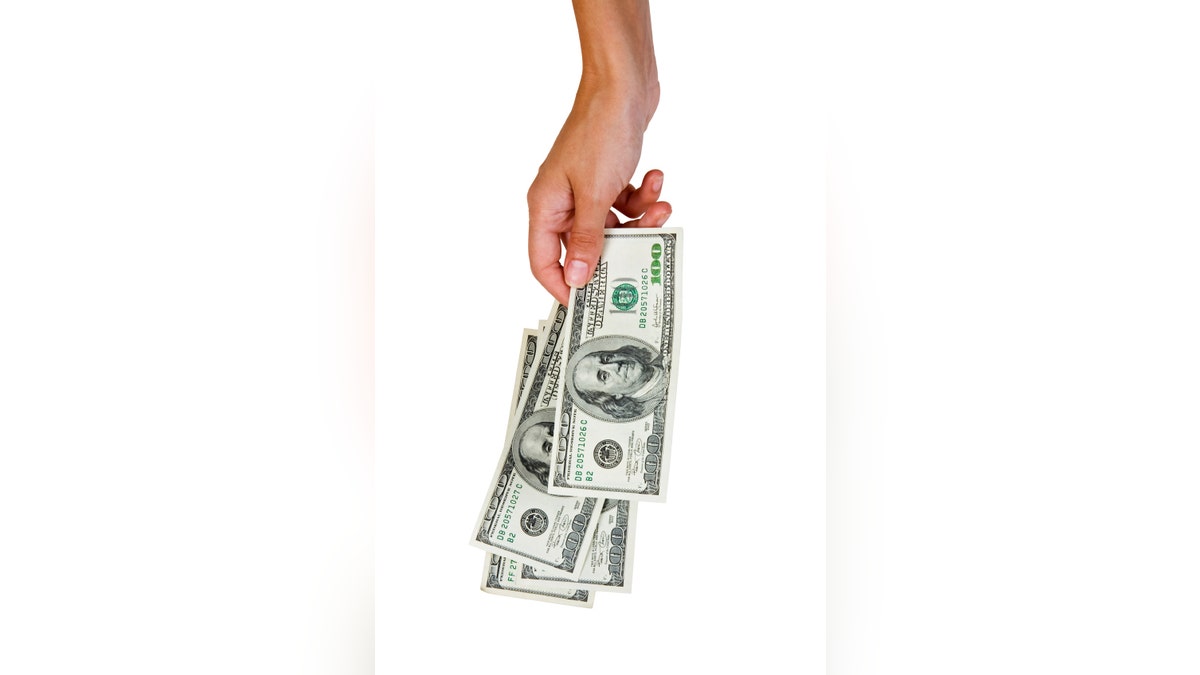
(iStock)
If you are bumped from a flight involuntarily due to overbooking, the airline owes you money, even if they rebook you on a later flight. If your rebooked flight arrives at your destination one to two hours later, the airline still owes you an amount equal to 200 percent of your one-way fare (with a $650 maximum), according to DOT rules. If you get to your destination more than two hours later (or more than four hours later for international flights), you are entitled to 400 percent of the price of your one-way fare, up to $1,300.
6. But Not if Your Flight is Delayed or Canceled.
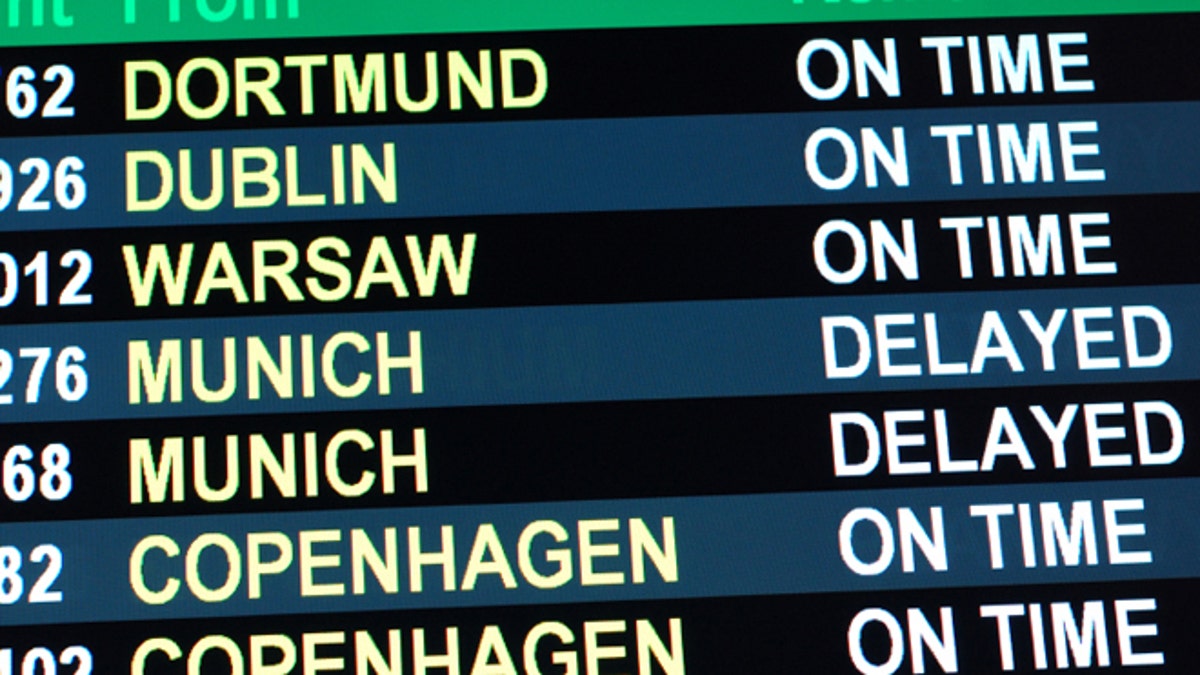
(iStock)
That's right -- if your flight is delayed or canceled, the airline owes you squat. Some may choose to provide food vouchers or hotel accommodation, but it's entirely at their discretion. When my American Airlines flight was canceled, we did get food vouchers but not a hotel voucher.
Many airlines have set policies in place that can be found on their websites; United, for example, says it may offer free hotel accommodations for delays that exceed four hours between 6 p.m. and 4 a.m. if the delay or cancelation was within its control. Alternatively, American Airlines only provides a "distressed passenger rate" voucher for a discounted hotel room when the cancelation is due to bad weather. So when the cancelation was American Airlines' fault, as it was in my case, passengers can expect to figure out their own sleeping arrangements.
Check out more ways to deal with -- or even prevent -- a canceled flight.
More from Oyster.com
The World’s 12 Best Destinations for a Fall Vacation
The Beautiful Barrios of Buenos Aires: Where You Should Stay
The 8 Best Surf Spots for Beginners and Pros
